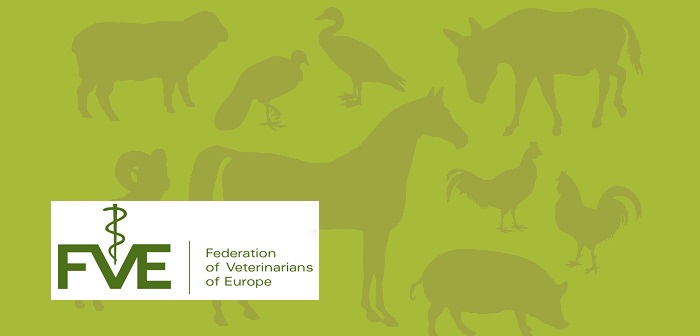Europe’s veterinary organisations want coccidiostats to be placed under “veterinary prescription” in a bid to extend the useful life of products, for the immediate future, while helping pave the way for their phasing out in the long run.
The call for a changed approach to the use of coccidiostats is the headline conclusion of a new position paper issued by the Federation of Veterinarians of Europe (FVE), an organisation which speaks for veterinary organisations in 38 European countries.
Pointing out that coccidiosis is the most important parasitic disease in poultry and of major importance in other species such as pigs and cattle, the FVE paper argues that the big problem attached to the current use of coccidiostats concerns the development of resistance, rendering the products ineffective.
“In European legislation, coccidiostats or anticoccidials are categorised both as feed additives and as Veterinary Medicinal Products,” said FVE. “Strategies should be implemented to extend the useful life of coccidiostats, and more scientific research should be performed with the aim of minimising and finally phasing out the use of coccidiostats.
“FVE believes that all coccidiostats should be under veterinary prescription following clinical examination and diagnosis; this would allow for better surveillance and for the veterinarian to diagnose and choose the best strategy to extend the useful life of coccidiostats, such as through ‘shuttle use’ or ‘rotational use’ or the use of vaccines.
“Additionally, it would allow more frequent reporting of any adverse reactions seen, including lack of efficiency, ensure withdrawal periods are respected and could allow monitoring through ESVAC (the European Surveillance system for Veterinary Antimicrobial Consumption).”
As a result of its deliberations on the issue, FVE has therefore requested the European Commission to update its 2008 report on the use of coccidiostats and histomonostats as feed additives and to explore ways to bring coccidiostats under veterinary prescription, while still safeguarding their availability.




